Manufactured outrage and misleading arguments have taken over the Williamson County GOP reorganization debate. False claims about Christian identity and in-person voting distract from the real issue: grassroots conservatives vs. an establishment faction hiding its true identity.
The Williamson County GOP reorganization convention has become the target of misleading narratives and intellectually dishonest arguments, with certain individuals working overtime to manufacture outrage and cast doubt on a well-established election process.
Two major points of contention have emerged:
1. A false controversy over the use of “Christian” in describing the Elevate slate.
2. An ill-informed attack on the requirement for in-person voting, framed as a suppression tactic rather than standard procedure.
When examined closely, both arguments fall apart. More importantly, they distract from the real contrast in this race—a battle between true grassroots conservatives and an establishment-backed faction that wants to obscure its identity.
A post on social media supporting the Elevate slate described them as “true grassroots Christian conservatives.” This simply meant they are both grassroots and Christian—a common descriptor among Williamson County candidates.
Yet, a commenter and regular on the political scene in Tennessee who does not even live in Williamson County—insinuated that this phrasing implied the other slate was not Christian. This was a textbook example of extrapolating an accusation that was never made.
Rather than debate policy, ideology, or experience, the comment attempted to create division by injecting a religious controversy where none existed. The obvious intent was to distract from the true issue in this race: grassroots conservatives vs. establishment-backed candidates.
The real controversy in this conversation came from a long time resident of Williamson County who repeatedly questioned why voters must be physically present to vote at the convention. She framed this requirement as unfair, even suggesting it violated free speech rights—an argument that is both legally and logically incorrect.
Some of the 44 comments on the post are below. There are several more that have not been included where the commenter keeps insisting that people should be able to vote for either slate without having to physically be in the location where the convention is taking place.

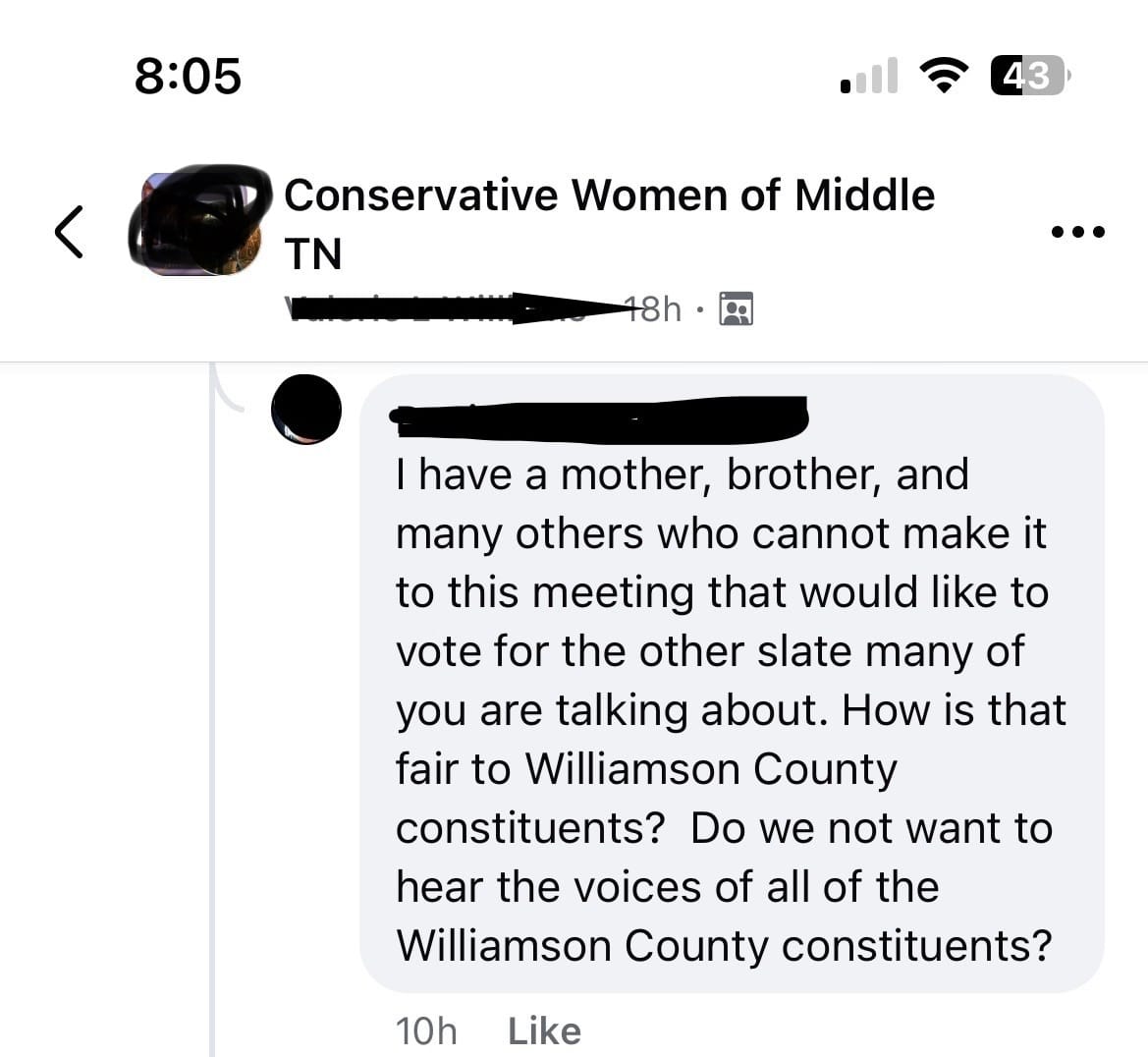
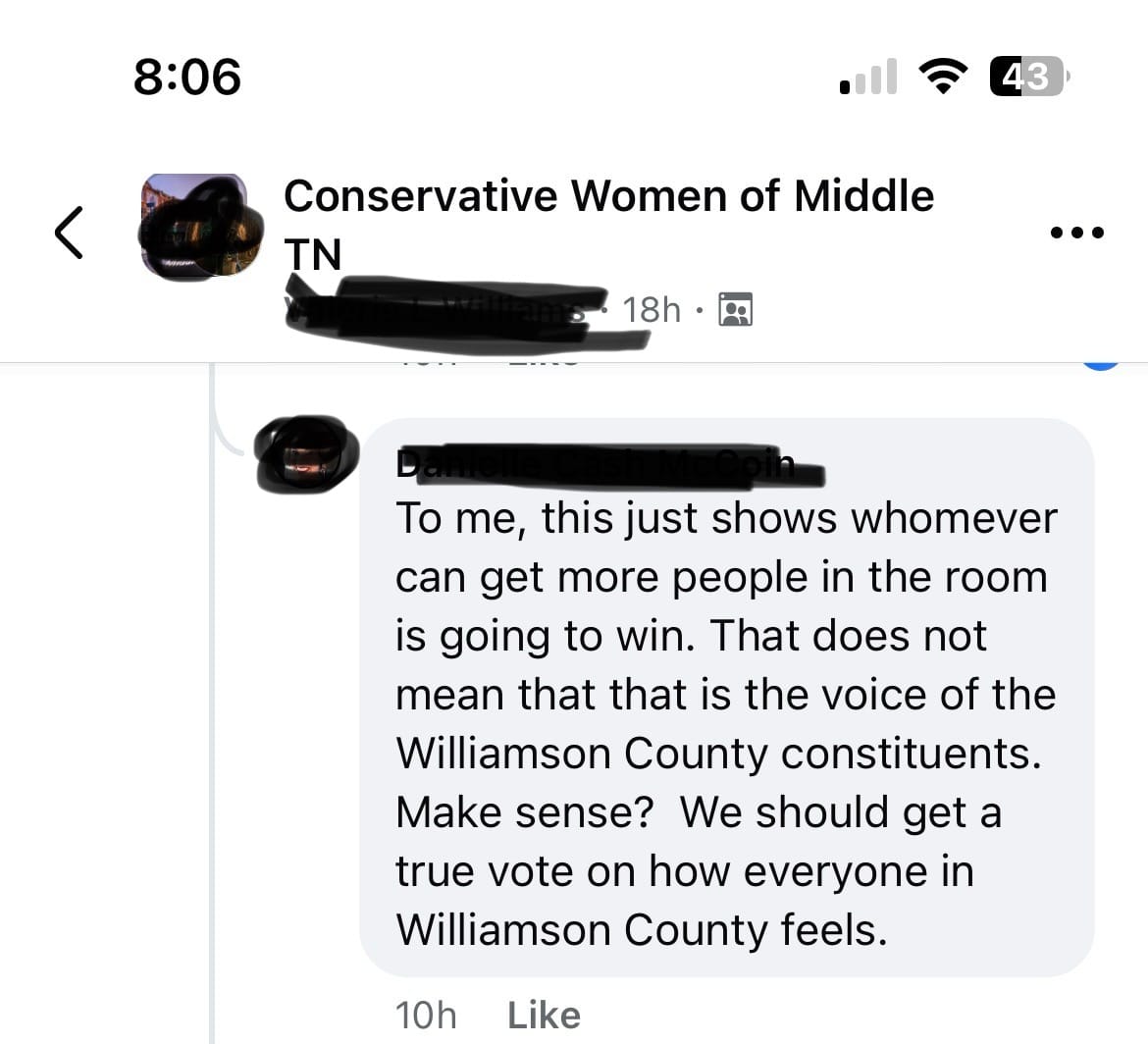
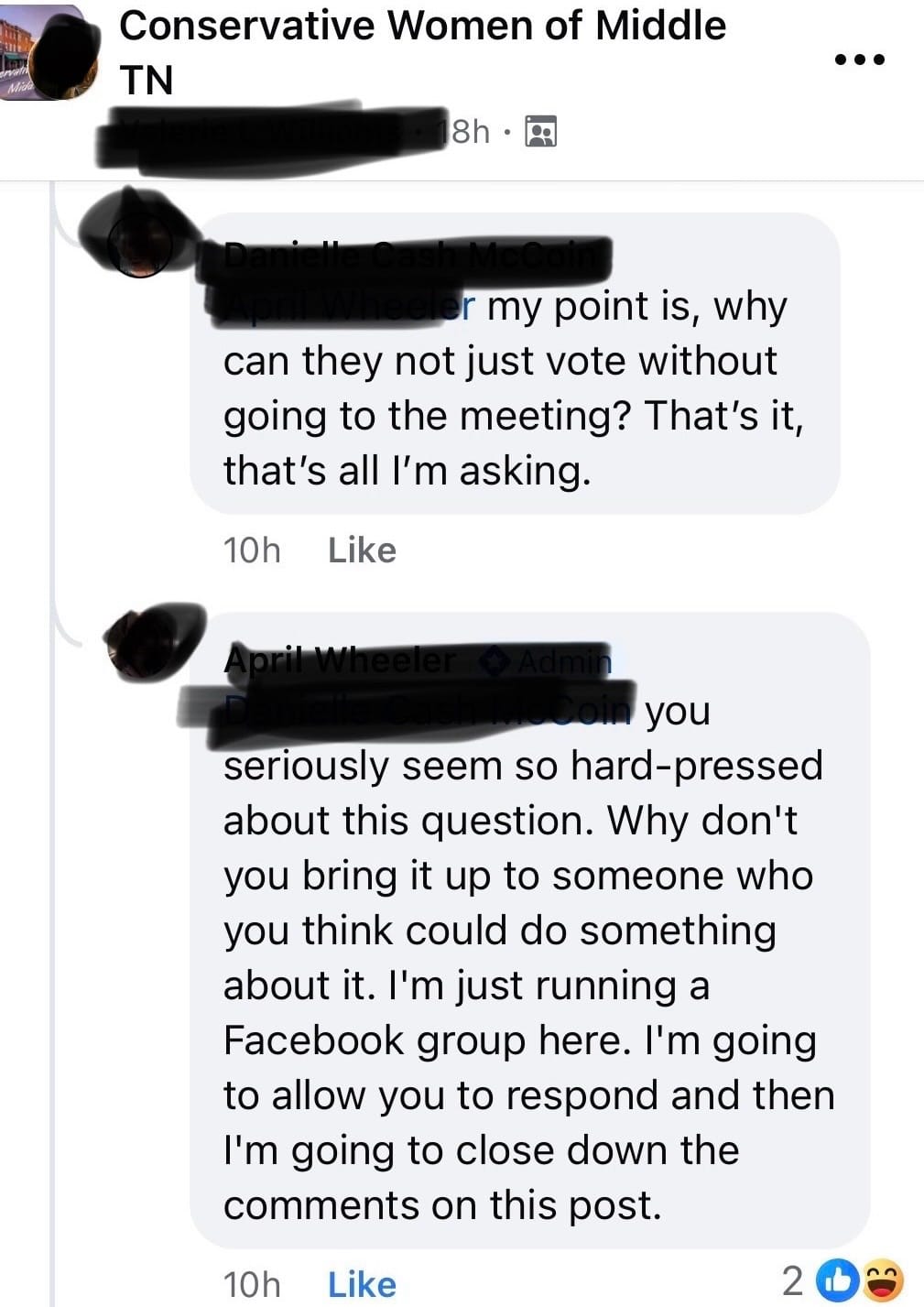

Here are the facts:
- In-person voting is standard for county GOP conventions across the country.
- The requirement to attend in person is explicitly dictated by party bylaws and has been in place for years.
- Political parties are private organizations, and there is no constitutional right to vote in their elections.
The commenter, who is deeply involved in local Republican politics and has been for several years, should know this. That raises an important question:
Is this person genuinely uninformed, or are they deliberately spinning this process as a suppression tactic?
Their insistence that “not everyone can make it” ignores the entire point of a convention—candidates speak, and voters make their decision in the room.
By this logic, any caucus, town hall vote, or in-person election should be considered “unfair”—which is absurd. The rules for this convention have not changed and are not a strategy move by any faction—they are simply the same bylaws that have always governed this process.
To insinuate otherwise is not only intellectually dishonest, but also dangerously misleading.
If these two commenters or others truly want to change the rules, they should propose an amendment to the bylaws through the proper process—not pretend that a normal election procedure is a political weapon.
The debate over language and voting procedures is nothing more than a smokescreen. The real issue is who actually represents the grassroots and who is quietly aligned with the establishment.
A closer look at those avoiding labels—refusing to call themselves either grassroots or establishment—reveals clear ties to the political class. Many have associations with career politicians, government entities, and longtime establishment figures—the very infrastructure that grassroots movements exist to challenge.
If one slate has clear ties to The Politicians, and the other is rallying support from The People, then the grassroots are exactly who they claim to be—the faction of the people, fighting against the faction of entrenched political interests.
And that terrifies the establishment.
That’s why they’re weaponizing bad-faith arguments, stirring up false controversies, and trying to delegitimize the process itself.
The misleading social media debate around the Williamson County GOP convention is a calculated effort to manipulate perception, not a real discussion about fairness or representation.
- Describing one slate as “Christian conservatives” does not imply the other slate is not Christian. That controversy was fabricated.
- Requiring in-person voting is a longstanding rule, not a suppression tactic. Claiming otherwise is deliberately misleading.
- Those avoiding the “establishment” label are clearly tied to The Politicians, while the Elevate slate is powered by The People.
Williamson County voters deserve honest conversations, not manufactured outrage and bad-faith arguments.
The real question in this election is not about who is Christian or who supports voting rights. It’s about whether Williamson County Republicans want to be led by grassroots conservatives or establishment figures trying to disguise themselves as something else.
If you support what I do, please consider donating a gift in order to sustain free, independent, and TRULY CONSERVATIVE media that is focused on Middle Tennessee and BEYOND!

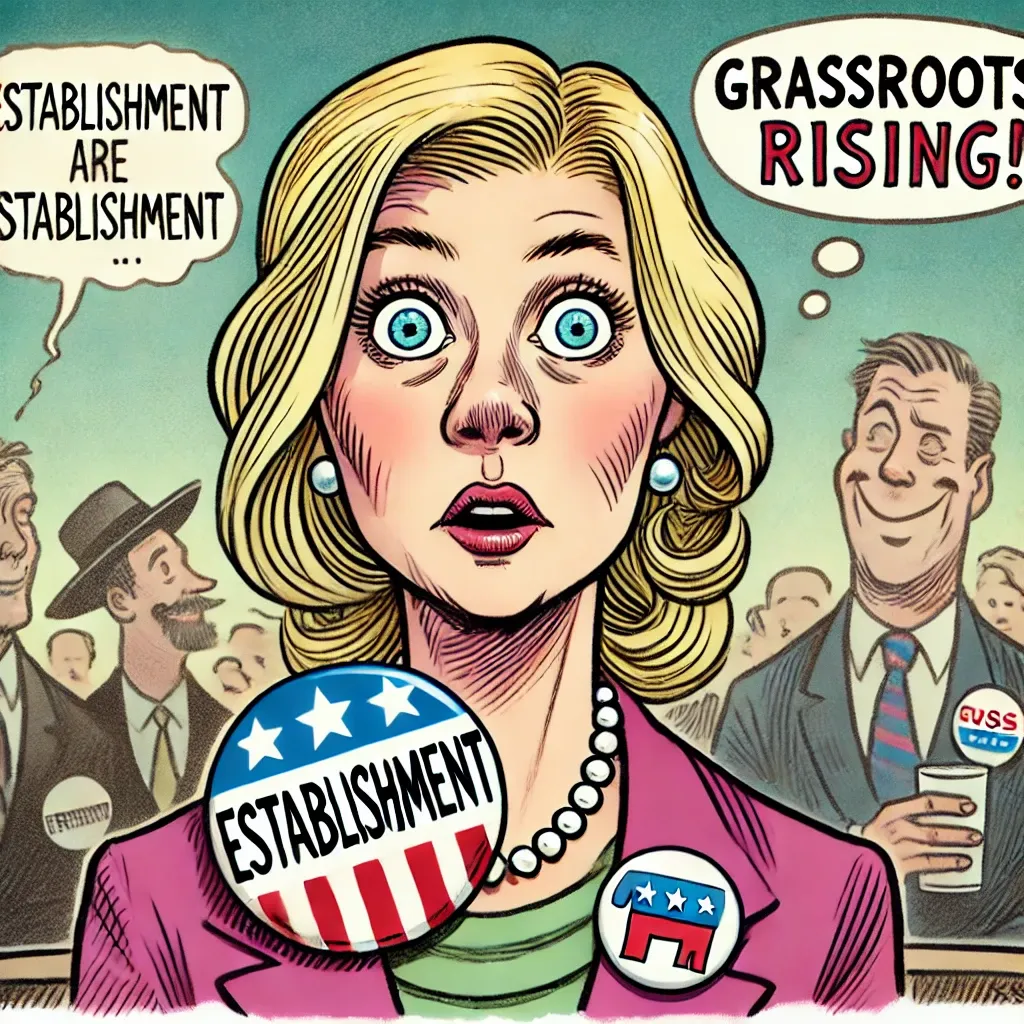
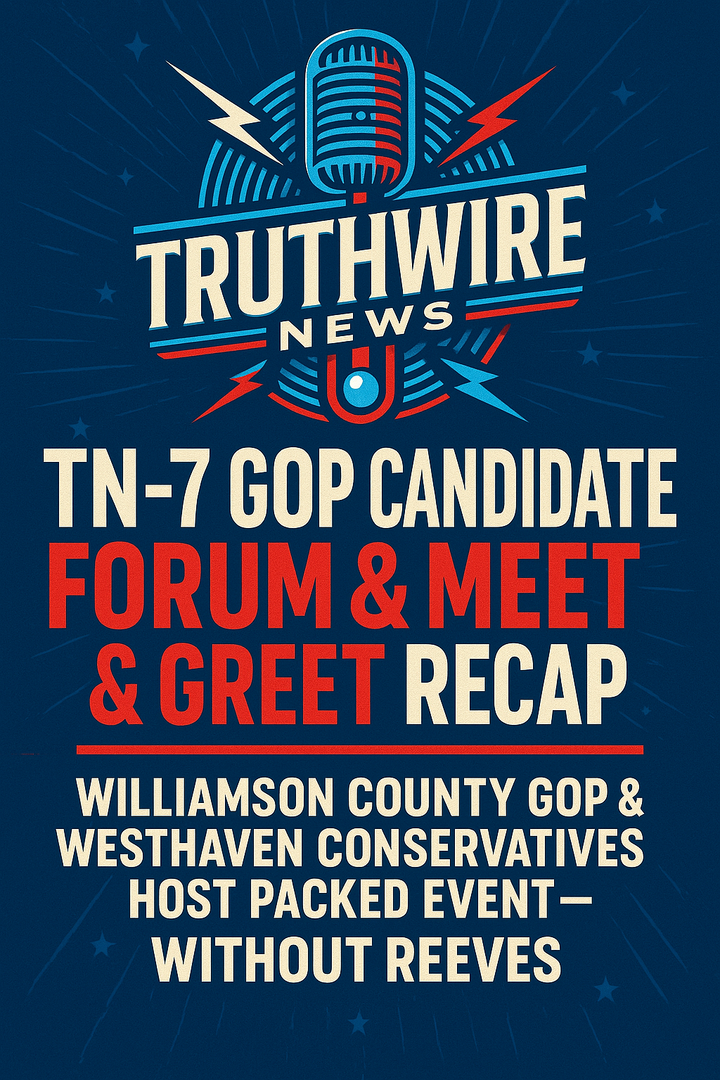
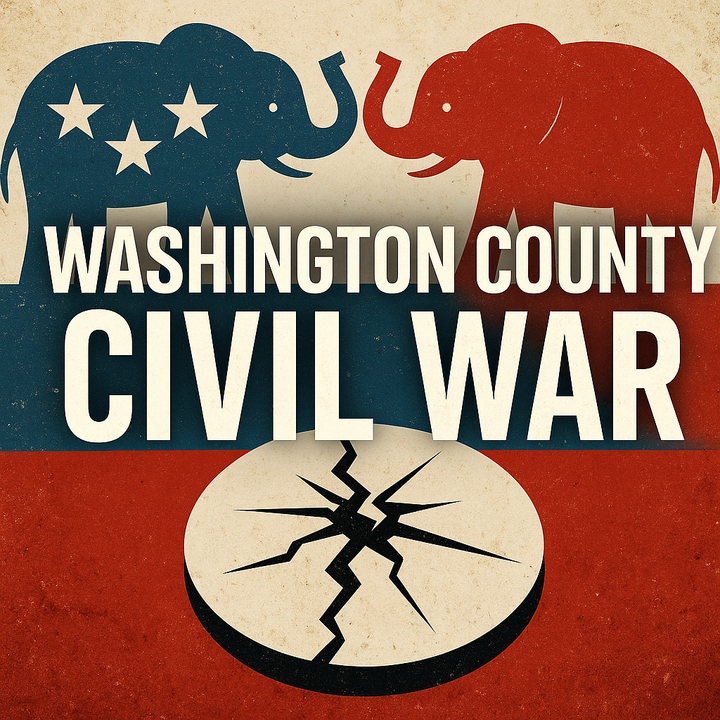
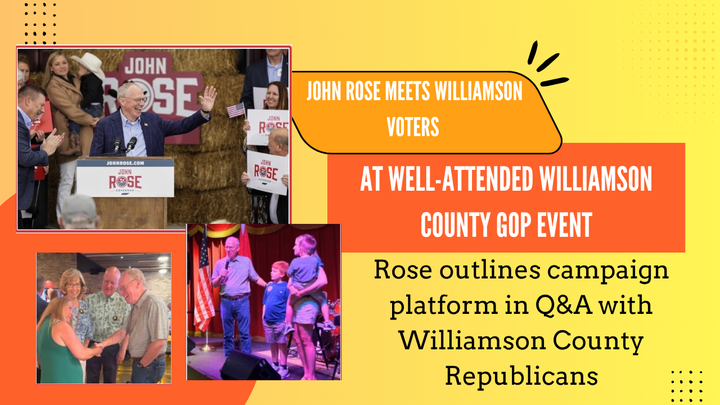
Comments ()